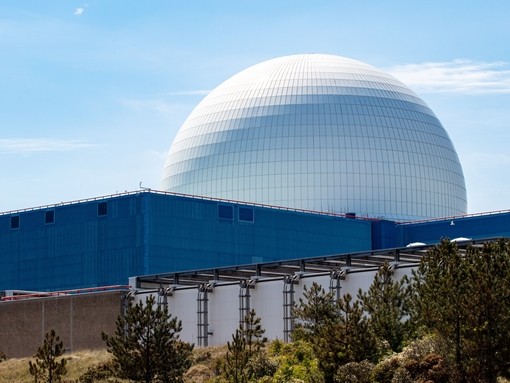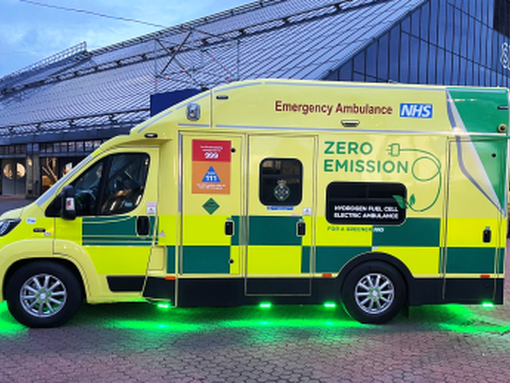
Plans for UK's first hydrogen town revealed
Following on from the first announcement in Boris Johnson’s 10-point plan for a green industrial revolution, all five UK gas operators (Cadent, National Grid, Northern Gas Networks, SGN and Wales & West Utilities) revealed detailed plans on how they will transition away from delivering natural gas to delivering hydrogen instead.
Known as ‘Britain’s Hydrogen Network Plan’, this will serve as a roadmap towards Britain’s first hydrogen town, with objectives including being ready by 2023 to blend up to 20% hydrogen into local gas grids and a hydrogen production target of 1GW by 2025.
The plan sets out how the companies will help deliver a network of refuelling facilities for zero-emissions heavy good vehicles, and connect the renewables production, carbon capture and storage and hydrogen use for industrial SuperPlaces, helping deliver two clusters by the mid-2020s and two more by 2030.
Chris Train, the Energy Networks Association’s Gas Goes Green champion, stated:
“Building the UK’s first hydrogen town is not just about replacing the natural gas that most of our homes rely upon today; it’s about reducing our carbon emissions in a safe and secure way. It’s about delivering meaningful choice for households, businesses and communities. And it’s about ensuring that the economic benefits of hydrogen are spread around the country, to take advantage of the breadth and scale of that transformation. Britain’s Hydrogen Network Plan sets out how our gas network companies will do all of that in the years ahead.”
A village in the North-East is due to start a pilot project that uses 20% hydrogen blended into its gas supply for heating and cooking.
Specifically, the plan explains how the companies, responsible for owning and operating £24bn of energy infrastructure, will:
Ensure the safe delivery of hydrogen through innovation projects. This includes work being undertaken by the Hy4Heat programme (led by BEIS), to test different household appliances such as boilers, heaters and cookers in a variety of different settings, and the world leading H21, H100 Fife and HyNTS Future Grid projects, which are testing different parts of the gas network.
Maintain security of energy supply, to ensure gas networks have enough capacity to meet Britain’s energy demands using hydrogen. This includes modelling how gas networks will behave, to ensure that capacity is put in place in the right places and as well as how much hydrogen will be needed. Projects such as Project Cavendish on the Isle of Grain will pioneer the connection of hydrogen production facilities to Britain’s gas networks.
Work with people’s needs, to help reduce carbon emissions whilst ensuring that people and businesses have a choice of different low carbon technologies – in our homes, our offices and factories, as well as on our roads. This includes delivering hydrogen neighbourhood domestic trials of different appliances, through the world-leading H100 Fife project and hydrogen village trials through the HyNet Homes The Future Billing Methodology and Real Time Networks projects will help ensure consumers continue to receive accurate gas bills, as more hydrogen is introduced to the gas grid.
Deliver jobs and investment, including through the replacement of old iron mains gas pipes around the country with new, hydrogen-ready pipes instead. By 2032, the companies are planning to have invested £28bn in doing so, in projects around the country. The Plan shows that gas network companies are playing a role in delivering £1.5bn of funding in industrial decarbonisation projects around the country.
Morson is a leading recruiter in the energy sector. Search our latest jobs in energy here















